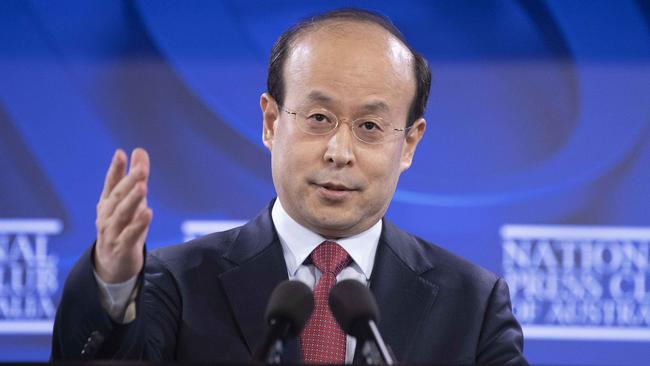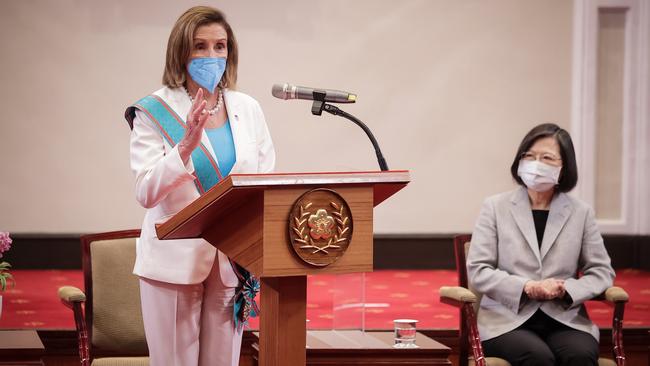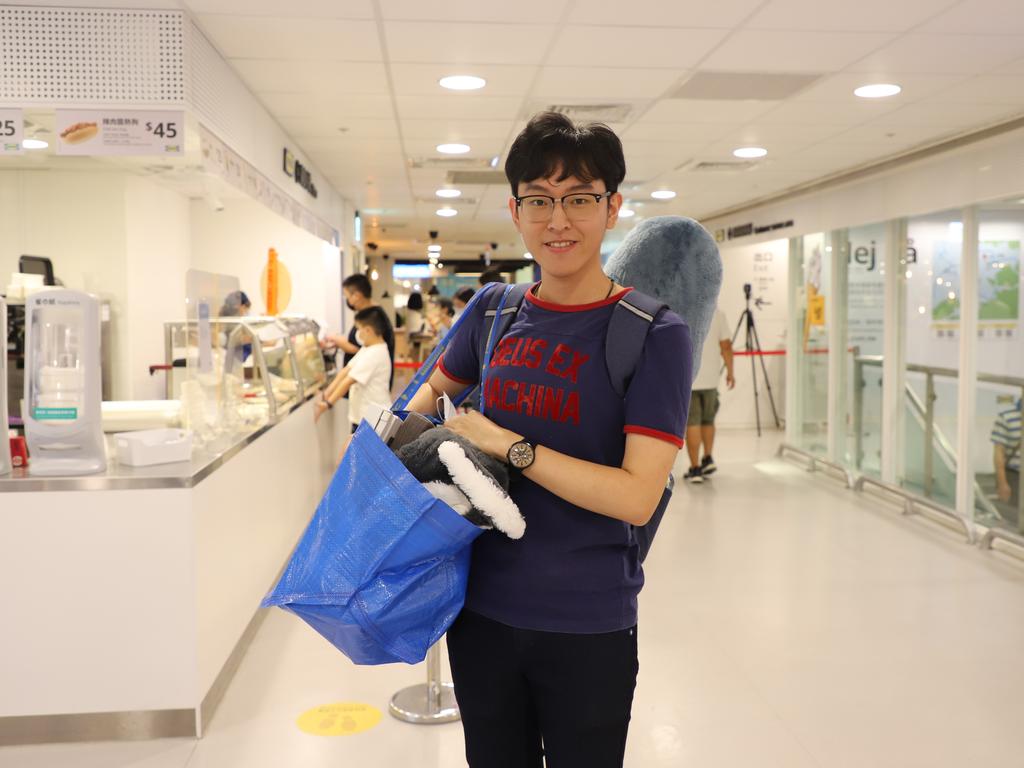Treasury Wine’s Chinese court win a good start but Taiwan tension adds to tense trade dynamics


Treasury Wine Estates, famous for its Penfolds brand, started the day cheerfully reporting a win in the highest court in China after a six-year legal battle against a company for copycatting its products.
In words that would have surprised watchers of the once wild west China market when it comes to fakes and copycats, Penfolds’ Shanghai-based managing director, Tom King, declared the judgment of the Supreme People’s Court of China highlighted China’s “unwavering commitment to protecting intellectual property rights”.
He thanked authorities for their “continued support in protecting the rights of luxury brand owners”.

TWE’s legal battles to protect its brand against fakes in China is a reflection of its determination to continue to be a major player in the market. The biggest single foreign supplier of wine in the heady days up to 2019, the company was dealt a severe blow by the imposition of tariffs against Australian wine in November 2020, a move seen as a reflection of increasing political tension between Beijing and Canberra.
In March 2021, Chinese customs authorities confirmed that Australian wine would be subjected to at least five years of tariffs of more than 200 per cent. (TWE was subjected to a marginally lower 176 per cent.)
Most other Australian winemakers had to take the hit from the closure of the Chinese market — a business worth more than $1.1bn a year at its height.
But TWE under chief executive Tim Ford made clear it was committed to China in the long-term, unveiling a global strategy to supply Penfolds into the market from its operations in the US and France.
More recently, it has announced bold plans to make Penfolds in China, a move which will go down well with Chinese authorities keen to develop the country’s nascent wine industry.
On Wednesday, China’s ambassador to Australia, Xiao Qian, who arrived in Canberra in January, addressed the National Press Club and took questions. He made it clear Beijing saw the new Labor government in Canberra as having the potential to provide the basis for a reset in the relationship.

He pointed to a thaw in the relationship, ending a stalemate of several years. But while he indicated his support for a meeting between Chinese President Xi and Prime Minister Albanese at one of several multilateral events between now and the end of the year, he made it clear there was still a long way to go in terms of restoring better ties.
He painstakingly outlined the extent of the trade relationship between the two countries, which has remained strong in the face of many headwinds – a reflection of the complementarity of two very different economies.
Australia’s trade with China, he said, had soared from $US100m in 1972, when Australia recognised the People’s Republic of China, to more than $US200bn in 2021.
China has been Australia’s largest trading partner since 2009 and now represents more than 34 per cent of total Australian two-way trade.
While most other countries have trade deficits with China, Australia last year had a surplus of $US60bn – a figure, he said, which has almost doubled in the past four years.
Despite Covid travel restrictions, there are still more than 131,000 Chinese students at Australian universities in one form or other, and Chinese make up 28 per cent of international students.
The facts go on, but his point was clear. The strong trade ties are a reflection that Australian companies and individuals do like, or want, to buy goods made in China, and China continues to have a strong demand for Australian energy and resources, and other goods including education.

China’s market potential is significant for Australian companies with the right products.
That said, the ambassador’s speech and the subsequent question and answer session confirmed that the new heightened focus on Taiwan, in the wake of the Nancy Pelosi visit, has thrown another spanner in the works.
He made it clear that while China saw room for compromise on many fronts in a bid to improve ties with Australia, there was no room for compromise when it came to the issue of China’s ultimate sovereignty over Taiwan.
Of course, Australia’s recognition of the PRC in December 1972 did come with an explicit agreement recognising this fact – but one couched in enough strategic ambiguity to suit both sides.
While that has been a cornerstone of Australia-China relations for almost 50 years, a combination of China’s increasingly aggressive comments on Taiwan, under President Xi, including the potential to resume control of the island by force, is creating new tensions.
Once all but a sleeper, the “Taiwan issue” has moved to centre stage with no easy answer and the potential to create a whole new set of global tensions with China.

Like it or not, Pelosi has poked the dragon – a strategy designed to boost the Democrats’ standing in the November midterm elections – and the dragon is angry.
While Australia has been able to navigate the diplomatic complexities of a One China policy for 50 years, Taiwan is enjoying an international spotlight and sympathy not seen in many decades.
China’s heavy handed approach to media has seen Australian journalists leave the country and they are now reporting on China with the freedom of being outsiders. Both The Australian and the ABC are now covering China from Taipei.
With an increasing number of foreign media now in Taiwan, the island’s views are getting increasingly positive foreign coverage.
There is significant potential in the Chinese market for Australian companies if the conditions are right and products are not blocked by tariffs or non-tariff barriers.
But political tensions are set to remain for some time, making it difficult for Australian companies to consider having as many eggs in the China basket as before.
China continues to be an attractive but politically riskier place to do business. Despite the vast potential for business and trade, there is no easy reset on the horizon.






The many sides of Australia’s complex relationship with its largest trading partner were on show on Wednesday.